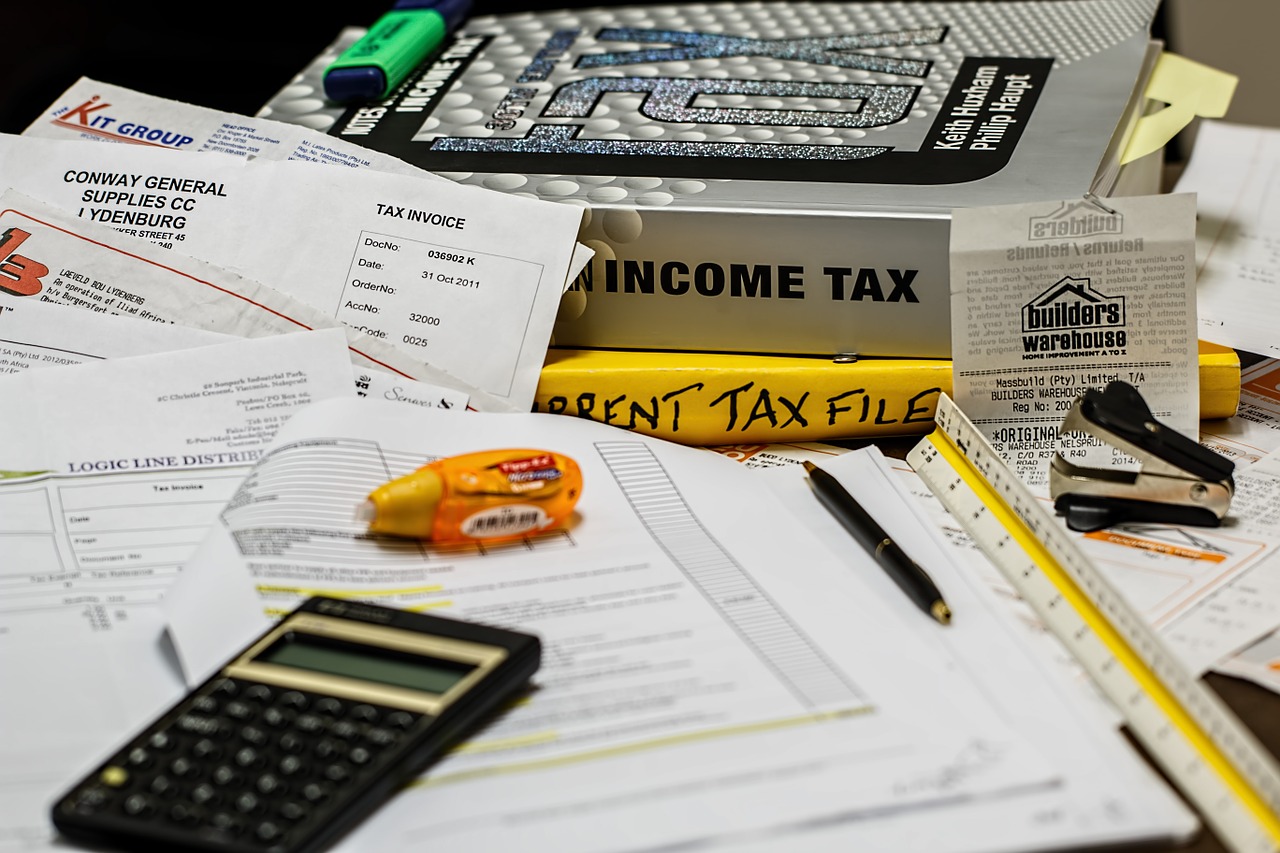If you want to attract new clients, start a business, or get more done, you will be well served by evaluating the extent to which physical clutter is impacting your ability to process information and focus. Consider the science mounting up that clutter has a profound effect on your productivity. According to an article in The Journal of Neuroscience, researchers at the Princeton University Neuroscience Institute found that: “Multiple stimuli present in the visual field at the same time compete for neural representation by mutually suppressing their evoked activity throughout visual cortex, providing a neural correlate for the limited processing capacity of the visual system.” In other words, clutter competes for your attention and limits your brain’s ability to focus. I have observed this first-hand. A lawyer I once worked with had an office that was so messy, you could not walk through without risking a slip on the papers lying on the floor. His desk and chairs were piled with papers and there were boxes outside his door. Although highly intelligent, skilled and knowledgeable, he had difficulty getting things done and often worked longer hours than necessary. His physical environment was choking him, tamping out his ability to efficiently manage his caseload and creating more of what he did not want—additional hours at the office.
Since spring is a traditional time to clear the decks, we are dedicating this column to the consequences clutter creates in our lives and addressing strategies to deal with it.
Many clients I have worked with over the years came because they wanted to be more successful, heighten their professional profile, or increase their income. They did not seek coaching to deal with clutter. Despite the wide range of issues that prompted hiring a coach, oftentimes the beginning of the work was to create physical space for the new goal. As Louise Smith said, “You can’t reach for anything new if your hands are still full of yesterday’s junk.”
One example is a client who was embarking on a new home-based business. As we worked together, she realized that her house was filled with stuff that she no longer needed, like baby clothes (the youngest of her children was 13) and that every room from the attic to the basement was cluttered. As she put it, “There is no ‘me’ place in my house.” She also found items that were “not worth the real estate,” like a vintage typewriter she estimated was worth $37 in mint condition and an old Kodachrome camera. She decided to transform her eldest daughter’s room into an office and eliminate accumulated stuff. Another client, downsized from a long-term job, was in the process of making a career change at age 59. Early in the coaching process, she recognized the need to make room for her new life and discarded 15 boxes of papers from a divorce finalized more than 20 years ago. This, of course, released some mental clutter too.
In all cases, clients became more focused, optimistic and creative as they vanquished old baggage. Without the distraction of clutter, it was easier to envision their plans with clarity, define them, make decisions and move forward. It is amazing to see the transformation that occurs when clutter is addressed. The very existence of it makes people feel less competent, accomplished and in a constant state of being unfinished.
Why do we accumulate clutter? Maia Szalavitz of Time.com reported on a study where hoarders were given stacks of junk mail, some belonging to them and some addressed to others. They had a significantly more difficult time chucking their own junk mail and “the study found that people with hoarding disorder took much longer to make decisions about discarding their possessions and felt more sadness and anxiety about these choices than did the other participants,” according to the article. Clutter is not equal to hoarding, but some similar issues are at play—deferred decision-making and lack of systems for dealing with incoming mail, bills, etc.
How does clutter affect our lives? According to psychologist and author Sherrie Bourg Carter in her blog “High Octane Women,” “Clutter can play a significant role in how we feel about our homes, our workplaces, and ourselves. Messy homes and work spaces leave us feeling anxious, helpless, and overwhelmed.”
My clients have come up with their own strategies for decreasing and eliminating clutter. An unapologetic bibliophile made a rule that every time a new book came into his home, one had to leave. Another client went shopping in her own house. An avid yard sale aficionado, charmed by the old-fashioned, retro uniqueness of treasures found there, emptied her cupboards with only one rule: For each item she must decide if she would buy it today. Did she like it enough to pay for it now? That is a different question than “should I keep it?” and proved effective in lightening her load.
A common issue is where to start, and this can seem overwhelming. Here are a few tips to get started reducing physical clutter:
- If you are in an office, make sure you know the rules for file retention and archiving.
- Schedule a time to begin and limit it so you don’t exhaust yourself and become reluctant to resume. Think of it as the power of an hour. Do what you can in an hour or two and then pick up where you left off next time.
- Set aside time each week for clutter control.
- Remember that once you get started, momentum will be your friend and ally. You will like what you see and want more.
- Enlist help. Having a buddy makes everything easier and more fun. Crank up some music, order a pizza and think of as many ways to enjoy it as you can. Get creative.
- If you have trouble deciding what to throw away, ask your friend/partner/spouse who has no emotional attachment to the item.
- Start with a single spot. For one client it was the dining room table, which was always overflowing. It was a perfect place to begin, because it sits in the center of the home and made an immediate impact that her family noticed. Since they were frustrated with her clutter, the change had a positive effect on her relationships as well. Most importantly, it was a springboard to attack other areas and demonstrated that getting rid of things weighing us down will lift us up. Shift from a rut of retaining to a roll of removing.
- Don’t just put things in boxes. Throw it away, give it away or donate it. Getting it out of your space is key in moving forward.
- Take advantage of tax breaks—if you donate used books or other items of value, charity resale shops will give you a receipt and you can deduct come tax time.
- Develop a system for handling incoming mail, catalogues, magazines, alumni news, etc.
- Resist the urge to replace discarded clutter with impulse buys and follow the one-in, one-out rule. I recently went to Home Goods to buy a new bed for my dog and it would have been so easy, not to mention fun, to browse around and come home with a bunch of cool knickknacks I don’t need or have room for, but then I would have to get rid of something upon my return. I came home with only the dog bed and it felt really good.
Reprinted with permission from the May 14, 2014 edition of “The Legal Intelligencer” © 2014 ALM Media Properties, LLC. All rights reserved. Further duplication without permission is prohibited. For information, contact 877-257-3382, reprints@alm.com or visit www.almreprints.com.








